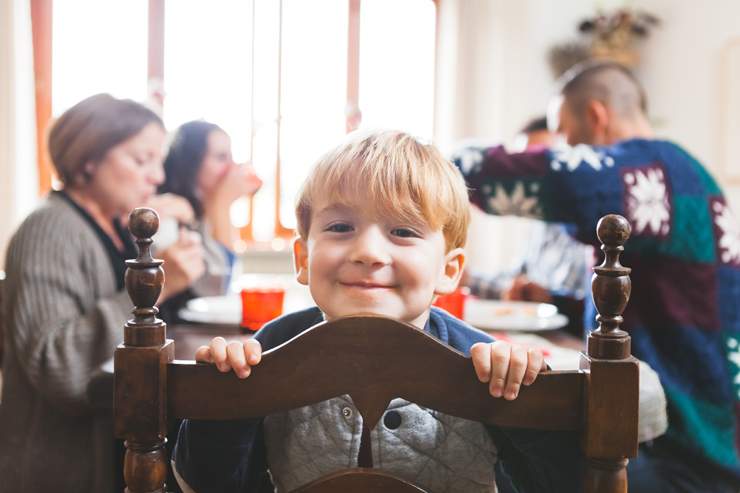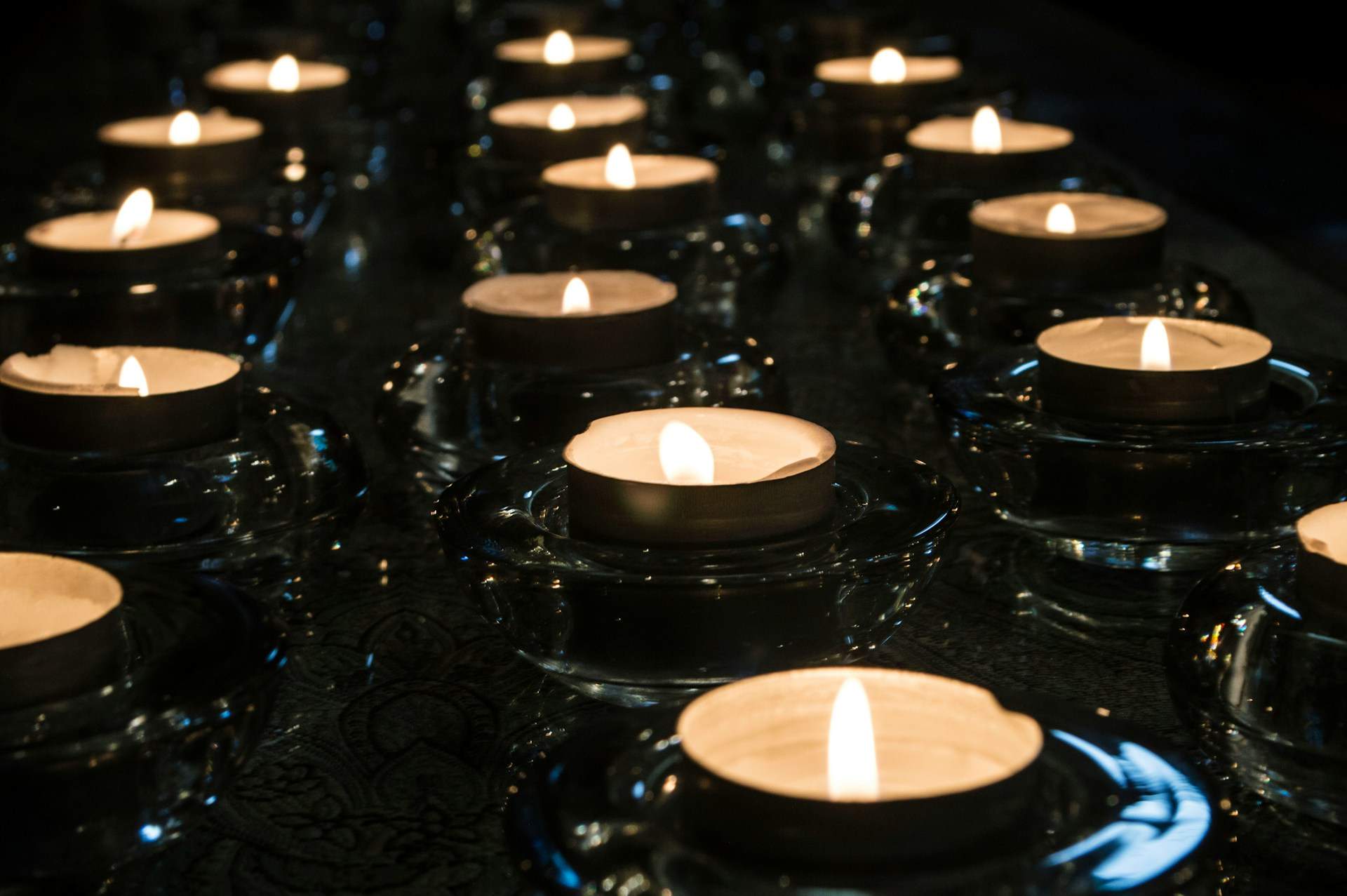Giving Thanks, Not Giving In
I felt trapped. I wanted to jump out of my skin and run naked through the streets.
Instead, I took a breath, smiled, and casually asked my cousin (at least I think that’s who she was) to pass the potatoes—now—I mean, please.
I had travelled with my aunt to spend Thanksgiving weekend at the home of relatives. This arm of the gene pool had done very well for itself and lived in a mansion next to a famous person.
From the moment I stepped onto the property I sensed the house knew I didn’t belong. Yes, I am that person who paints their nails red over expensive white broadloom. But I mean well.
It was to be a two-night stay, or as I fondly remember it, a million gazillion family-contact nano-seconds.
What Triggers My Thanksgiving Family Stress
Before I left home, I had made a list of things that historically triggered my stress responses. The problem was that I had a tendency to become hostile and sarcastic if I imagined myself belittled or threatened.
In the presence of family, I could be ignited by words like “washcloth” or “yam.”
I knew I didn’t want to keep reacting the same way. I wanted to give thanks without giving in to my old habits of judgment, defensiveness, and self-criticism.
The Trick: Being With It All
The trick is to know and feel and see and be with it all, whether pleasant or unpleasant, difficult or easy, soft or hard.
Not fixing. Not fleeing. Not attacking. Just being with it—exactly as it is.
That idea became my quiet intention for the weekend: instead of trying to control everyone and everything, I would try to stay present with whatever showed up—my feelings, my thoughts, and my relatives.
Dinner, Claws, and a Chance to Practice
At dinner, when yet another vaguely familiar relative asked if I was still with my husband, I took a breath and noticed my hands forming into claws.
I reminded myself that I wanted to be more gentle with my family.
When I felt myself growing anxious and judgmental at the table (what on earth was my second cousin wearing?), I realized I had a choice:
- I could silently roast everyone in my head
- Or I could use this as a chance to practice what I’d promised myself
So I went back to my stress-buster checklist.
My Mindful Stress-Buster Checklist
1. Take a Breath
I took a slow, steady breath, really feeling the entire in-breath and out-breath.
Not a dramatic sigh, not a show—just a quiet, honest breath for me.
This simple pause kept me from snapping, rolling my eyes, or saying something I’d regret. It gave my nervous system just enough space to settle before my mouth got involved.
2. Name It to Tame It
Next, I let myself notice and label the emotions and thoughts whizzing through my tormented noggin:
- I’m embarrassed.
- I feel judged.
- I’m irritated.
- I’m worried I don’t belong here.
Simply noticing and silently naming these reactions had a surprisingly calming effect. They became “things I was feeling,” not proof that something was wrong with me—or with everyone else.
3. Be Curious
Then I widened my curiosity and opened to as much of the newness of the experience as I could.
Instead of, “I hate this, make it stop,” I tried:
- What exactly am I feeling in my body right now?
- What if I don’t fight this moment—what then?
- Is there anything here that’s actually okay, or even a little bit sweet?
I reminded myself I didn’t have to like what I was feeling. I simply needed to stay present to it all.
Rinse, repeat.
Unexpected Moments of Ease
Family gatherings spark so many emotions. There were difficult moments:
- The awkward questions
- The subtle comparisons
- The feeling of being on display in someone else’s perfect house
But as I relaxed and softened, the weekend became a little more manageable—and occasionally even delightful.
I let go of defending myself and opened to this experience that might never come again:
- A conversation in the kitchen that was unexpectedly kind
- A shared laugh over a cooking disaster
- A quiet moment looking out a window, realizing I was okay
Nothing about my relatives changed dramatically. What changed was my willingness to stay with my own experience instead of running from it or attacking others.
Judgment on the Menu (And a Chance to Wake Up)
The trick is to know and feel and see and be with it all, whether pleasant or unpleasant, difficult or easy, soft or hard.
At family dinners, judgment is often on the menu for every course:
- Judging others
- Judging ourselves
- Guessing who might be judging us
But that also gives us a powerful opportunity—to increase our awareness and notice our habitual tendencies to run, attack, or freeze.
Each time I felt myself tightening, I tried to:
- Notice my breath
- Name what I was feeling
- Stay just a little more curious
Sometimes I succeeded. Sometimes I didn’t. But each time, I got to see my patterns a bit more clearly—and that, in itself, felt like a quiet kind of freedom.
Finding Refuge and Giving Thanks
In the middle of the noise, questions, clothing choices, and casserole debates, I found a small refuge:
My own breathing.
I could come back to it anytime—at the table, in the guest room, in the hallway pretending to “look for something.”
And from that small refuge, something softer emerged:
- Gratitude for having family to roll my eyes about
- Gratitude for the chance to practice being kinder (even when I didn’t feel like it)
- Gratitude for seeing that I didn’t have to keep repeating my old patterns
Family gatherings may always be messy, loud, and triggering in their own special way. But they can also be a place to practice giving thanks without giving in to the worst versions of ourselves.
Find refuge in your breathing—and give thanks.
Related articles :









